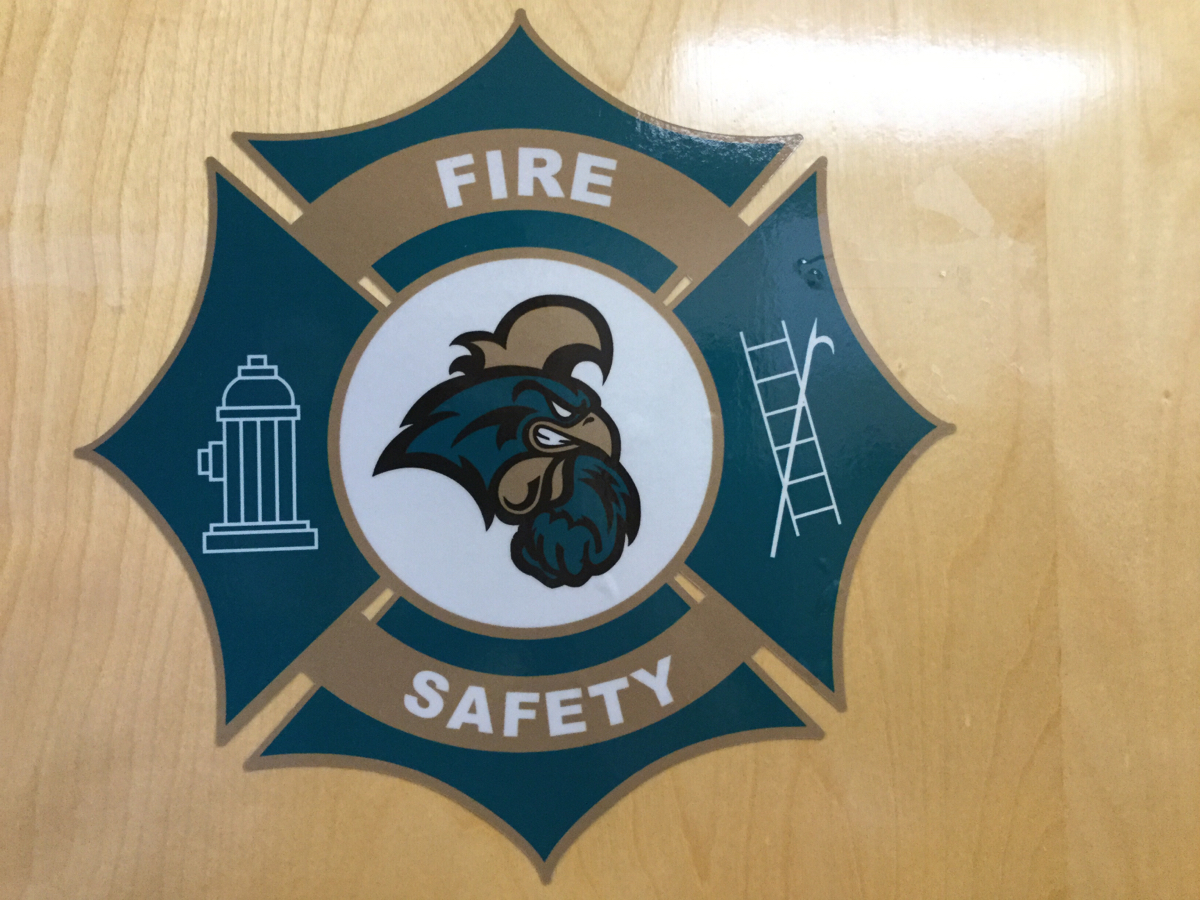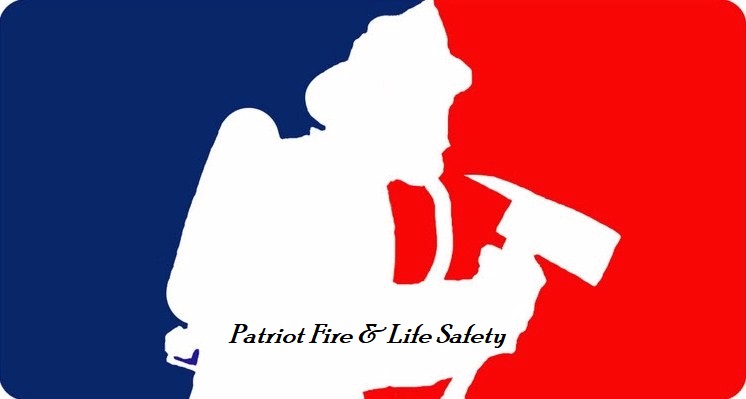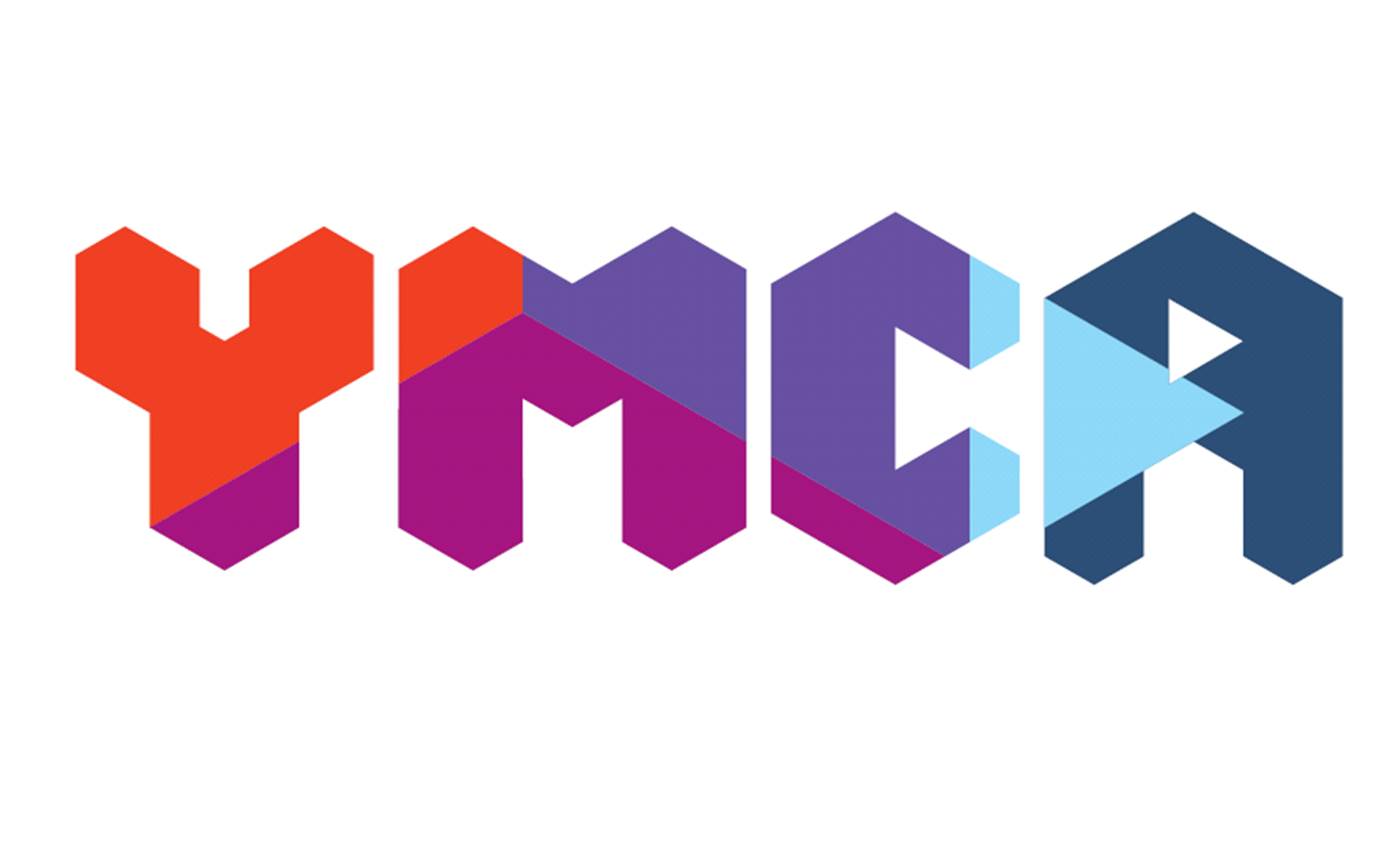Information
-
Audit Title
-
Client / Site
-
Conducted on
-
Prepared by
-
Location
-
Personnel
General Information
-
Has the last inspection been reviewed?
-
All outstanding violations corrected?
-
Occupancy Classification
- Assembly
- Business
- Educational
- Factory
- High-hazard
- Institutional
- Residential
- Storage
- Miscellaneous
-
Nature of Inspection
-
Owner or occupant or manager contact information:
1.0 Documentation
-
1.1- Records on file for sprinkler testing? (IFC 2012 edition 107.2.1 Test and inspection records)
-
1.2- Records on file for fire alarm system? (IFC 2012 edition 107.2.1 Test and inspection records)
-
1.3- Fire Safety and Evacuation Plan on site? (IFC 2012 edition 404.2 Where required)
-
1.4- Emergency Evacuation Drill records on site? (IFC 2012 edition 405.5 Record keeping)
-
1.5- Employees training records on file for training on fire evacuation and safety plans (specific occupancies listed in IFC 2012 edition 404.2)
-
1.6- 2-way communications inspected and tested at areas of refuge documentation on site? (IFC 2012 edition 1030.8 Testing and maintenance)
2.0 Means of Egress
-
2.1- Means of egress path unobstructed? (IFC 2012 edition 1003.6 Means of egress continuity)
-
2.2- Means of egress components unobstructed? (IFC 2012 edition 1030.2 Reliability and 1030.3 Obstructions)
-
2.3- Exit doors are unobstructed? (IFC 2012 edition 1030.2 Reliability and 1030.3 Obstructions)
-
2.4- Exit doors unlocked during occupied hours? (IFC 2012 edition 1008.1.9.3 Locks and latches)
-
2.5- Exit doors open within required limits? (IFC 2012 edition 1008.1.3 Door opening force)
-
2.6- Doors required for panic hardware for Group A and E with 50 occupants or more? (IFC 2012 edition 1008.1.10 Panic and fire exit hardware)
-
2.7- Doors with self-closing devices working properly? (IFC 2012 edition 703.2.3 Door operation)
-
2.8- Corridors unobstructed? (IFC 2012 edition 1018.3 Obstruction)
-
2.9- Aisles in assembly occupancy unobstructed? (IFC 2012 edition 1028.9.6 Assembly aisle obstruction)
3.0 Fire Extinguishers
-
3.1- Fire Extinguisher serviced monthly and annually? (NFPA 10 2013 edition 7.2.1 Inspection Frequency)
-
3.2- Fire Extinguisher unobstructed? (IFC 2012 edition 906.6 Unobstructed and unobscured)
-
3.3- Fire Extinguisher with minimum rating of 2A-10BC provided within 75 foot travel distance from any location on a single floor? (IFC 2012 edition Table 906.3(1))
-
3.4- Class K Fire Extinguisher mounted within 30 feet of commercial hood equipment using grease latent vapors? (IFC 2012 edition 906.1 Where required)
-
3.5- Fire Extinguisher mounted no more than 60 inches above floor and less than 4 inches to the floor? (IFC 2012 edition 906.9.1 Extinguishers weighing 40 pounds or less and 906.9.3 Floor clearance)
-
3.6- If Fire Extinguisher is obstructed visually, is there signage provided to indicate location? (IFC 2012 edition 906.6 Unobstructed and unobscured)
-
3.7- Fire Extinguisher mounted on wall or within approved cabinet unlocked? (IFC 2012 edition 906.7 Hangers and brackets and 906.8 Cabinets)
4.0 Commercial Cooking Hood Suppression System
-
4.1- Cooking hood system maintained in proper working order? (IFC 2012 edition 609.3 Operations and maintenance)
-
4.2- Cooking hood system serviced within approved intervals? (IFC 2012 edition 609.3.3 Cleaning)
-
4.3- Cooking devices properly installed under hood system and nozzles? (IFC 2012 edition 609.2 Where required)
-
4.4- Hood System free of excessive grease build up? (IFC 2012 edition 609.3.3.2 Grease accumulation)
-
4.5- Chains located on gas fueled equipment? (NFPA 54 2015 edition 9.6.1.4 Restraint)
-
4.6- Appliances are properly connected and vented? (IFC 2012 edition 609.3.1 Ventilation system)
-
4.7- Automatic fire suppression system protecting cooking system serviced on 6 month interval? (IFC 2012 edition 904.11.6.2 Extinguishing system service)
5.0 Fire Suppression Sprinkler System
-
5.1- Fire Sprinkler system in operation? (IFC 2012 edition 901.6 Inspection, testing and maintenance)
-
5.2- Sprinkler system tested annually? (NFPA 25 2014 edition Table 5.1.1.2 Summary of Sprinkler System Inspection, Testing and Maintenance)
-
5.3- Fire Sprinkler room labeled? (IFC 2012 edition 509.1 Identification)
-
5.4- Fire Sprinkler Riser Room Unobstructed? (IFC 2012 edition 509.2 Equipment Access)
-
5.5- Sprinkler 5 year testing of piping for MIC and flush of system? (NFPA 25 2014 edition Table 5.1.1.2 Summary of Sprinkler System Inspection, Testing and Maintenance)
-
5.6- FDC in proper working order and signage provided? (IFC 2012 edition 912.4 Signs)
-
5.7- Fire pump tested (Run)? Weekly for diesel/Monthly for electric (NFPA 25 edition Table 8.1.2 Alternative Fire Pump Inspection, Testing and Maintenance Procedures)
-
5.8- Wet sprinkler system inspected monthly by competent person? (NFPA 25 2014 edition Table 5.1.1.2 Summary of Sprinkler System Inspection, Testing and Maintenance)
-
5.9- Dry sprinkler system inspected weekly by competent person? (NFPA 25 2014 edition Table 5.1.1.2 Summary of Sprinkler System Inspection, Testing and Maintenance)
-
5.10- Inspection of standpipe and hose systems conducted per NFPA 25? (NFPA 25 2014 edition Table 6.1.1.2 Summary of Standpipe and Hose Systems Inspection, Testing and Maintenance)
6.0 Electrical
-
6.1- Working space of not less than 30 inches wide, 36 inches deep and 78 inches high provided in front of electrical service equipment with no storage in space? (IFC 2012 edition 605.3 Working space and clearance)
-
6.2- No open wiring splices? (IFC 2012 edition 605.6 Unapproved conditions)
-
6.3- Power taps listed by UL or FM, polarized, grounded and equipped with over current protection? (IFC 2012 edition 605.4.1 Power tap design)
-
6.4- Power taps directly connected to permanently installed receptacle? (IFC 2012 edition 605.4.2 Power supply)
-
6.5- Power taps or extension cords not extending through walls, ceilings, floors, under doors or floor coverings, nor be subject to environmental or physical damage? (IFC 2012 edition 605.4.3 Installation)
-
6.6- Extension cords not a substitute for permanent wiring? (IFC 2012 edition 605.5 Extension cords)
-
6.7- No use of electrical space heaters? (CCU Policy FINA 703, IFC 2012 edition 605.10.4 Prohibited areas)
-
6.8- Electrical switches and plates not broken? (IFC 2012 edition 605.6 Unapproved conditions)
-
6.9- Circuit breaker labeled? (NFPA 70E 2015 edition 205.12)
7.0 Fire Alarm System
-
7.1- Fire alarm system in operation with no troubles in the system? (IFC 2012 edition 901.6 Inspection, testing and maintenance)
-
7.2- Fire alarm system tested annually? (NFPA 72 2016 edition Table 14.3.1 Visual Inspection and IFC 2012 edition 907.8.5 Maintenance, inspection and testing)
-
7.3- Fire alarm room labeled? (IFC 2012 edition 509.1 Identification)
-
7.4- Fire alarm room accessible with no obstructions? (IFC 2012 edition 509.2 Equipment Access)
8.0 Emergency Equipment
-
8.1- Emergency lighting system, battery-powered, 90 minute test completed and documented? (IFC 2012 edition 604.5.2 Power test)
-
8.2- Emergency exit signs in working condition? (IFC 2012 edition 1011.1 Where required)
-
8.3- Emergency exit lights illuminating means of egress? (IFC 2012 edition 604.2.4 Means of egress illumination)
-
8.4- Emergency equipment tested monthly and documented? (IFC 2012 edition 604.5.1 Activation test and 604.5.2.1 Power test record)
9.0 Storage/Combustible Materials
-
9.1- LP gas not stored near means of egress and in proper quantity? (IFC 2012 edition 6109.4 Separation from means of egress and NFPA 58)
-
9.2- No combustible materials stored near ignition sources? (IFC 2012 edition 315.3 Storage in buildings)
-
9.3- Hazardous materials stored in proper containers and labeled? (IFC 2012 edition Chapter 50 Hazardous Materials- General Provisions and 5003.5 Hazard identification signs)
-
9.4- Compressed gas cylinders marked and secured properly? (IFC 2012 edition 5303.4 Marking and 5303.5 Security)
-
9.5- Flammable liquids stored within proper cabinets and quantities? (IFC 2012 edition 5704.3.2 Liquid Storage cabinets and 5704.3.4.4 Liquids for maintenance and operation of equipment)
-
9.6- No storage of combustible materials within 18 inches of ceiling in sprinklered building and 24 inches in non-sprinklered buildings? (IFC 2012 edition 315.3.1 Ceiling clearance)
-
9.7- No storage of combustible materials in exit stairways? (IFC 2012 edition 315.3.2 Means of egress)
-
9.8- No storage of combustible materials in boiler rooms, mechanical rooms or electrical rooms? (IFC 2012 edition 315.3.3 Equipment Rooms)
-
9.9- Storage is orderly with stable stacks? (IFC 2012 edition 315.3 Storage in buildings)
-
9.10- Attic, concealed spaces or under floor storage protected by 1 hour fire resistance rated construction or sprinkler system? (IFC 2012 edition 315.3.4 Attic, under-floor and concealed spaces)
-
9.11- Combustible materials not stored under grandstands or bleachers? (IFC 2012 edition Space underneath seats)
10.0 Fire Service Features
-
10.1- Fire Lanes unobstructed? (IFC 2012 edition 503.4 Obstruction of fire apparatus access roads)
-
10.2- Address numbers posted on building 4 inches in height with contrasting color? (IFC 2012 edition 505.1 Address identification)
-
10.3- Knox box located at entrance to building? (IFC 2012 edition 506.1 Where required)
-
10.4- All keys required to access building entrance and common areas are provided and working? (IFC 2012 edition Key box maintenance)
-
10.5- No grilles on balconies? (IFC 2012 edition 308.1.4 Open-flame cooking devices)
-
10.6- Door labels in place for electrical, mechanical, generator and furnace rooms? (IFC 2012 edition 605.3.1 Labeling)
-
10.7- Fire hydrant unobstructed? (IFC 2012 edition 507.5.4 Obstruction)
-
10.8- Clear space of 3 feet around fire hydrant? (IFC 2012 edition 507.5.5 Clear space around hydrants)
11.0 Miscellaneous
-
11.1- Maximum occupant load signs provided for assembly spaces? (IFC 2012 edition 1004.3 Posting of occupant load)
-
11.2- All smoke and fire rated barriers are intact with no penetrations an? (IFC 2012 edition 703.1 Maintenance)
-
11.3- All applications of fire caulking are labeled? (IFC 2012 edition 703.2 Opening protectives)
-
11.4- Fire Dampers tested every 4 years? (NFPA 80 2016 edition 19.5.1 Testing Frequency)
-
11.5- Fire doors tested annually? (NFPA 80 2016 edition 5.2.4 Periodic Inspection and Testing)
Signature of Fire Inspector conducting inspection
-
Re-inspection within 45 calendar days but not less than 30 days after receipt of inspection.
-
Contact information for scheduling a re-inspection: Coastal Carolina University Department of Public Safety: Fire Safety Division, 107 Founders Drive Sands Hall Room 119 Conway, SC 29526, (843) 349-6563
-
Fire Inspectors Signature
-
Fire Inspector SC Resident Fire Marshal Credential Number
- FCF.2991








